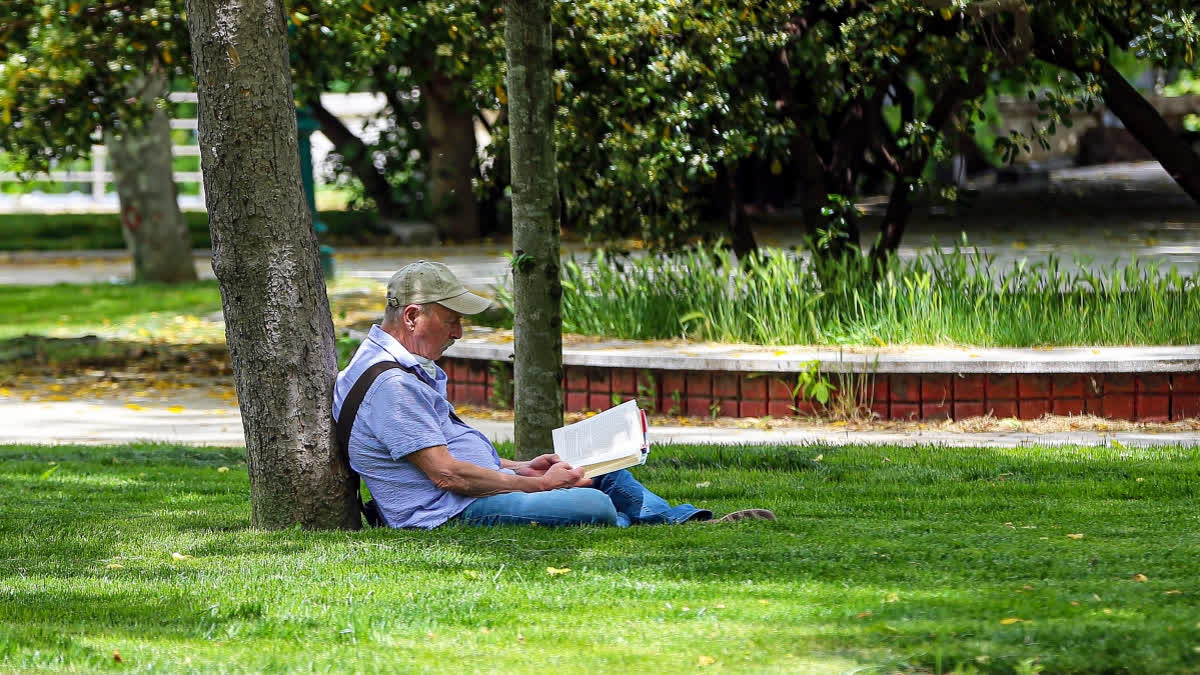The World Health Organisation (WHO) organises World Adult Day on November 18 to address the challenges of an ageing population and encourage adults to help their parents.
What does it mean to be an adult?
According to the World Health Organisation (WHO), an adult is a person older than 19 years of age unless national law delimits an earlier age, and an adolescent is someone aged 10 to 19 years. The definition in the dictionary states an adult means being completely grown: fully developed and mature.
Becoming an adult that old saying “enjoy being a kid while you can” or when people tell you that when you’re an adult you will miss being a kid. Everything they told you as a kid was true. As a kid, you have no responsibilities, and no worries and tensions. Adulthood is divided into three stages, early, middle and late adulthood.
Becoming an adult, also known as young adulthood, is a very crucial stage in one’s life. This is the time in life when we make plans for our future. It is the time when we think of what life will be like as an adult.
Becoming an Adult: Jumping from adolescence into adulthood
Being a young person has never been easy, but our youth today face factors that previous generations couldn’t have even imagined. Some of the major struggles that occur during emerging adulthood are identity, instability, being self-focused, feeling in between and new possibilities.
Young adulthood is described as the development phase between the ages of 18 and 35 and involves furthering the move towards independence from the family unit. Issues and challenges exist for young adults in today’s society that did not exist in previous generations.
Separation from parents
It is important to emphasise for both parents and their emerging adults that separation does not mean “cut off.” This is not a time to pretend or feel like you’re completely on your own. What it means is that you’re going through a process where you emerge as an autonomous functioning adult.
Career uncertainty
Today, choosing a career path or job is less cut-and-dry. Young people are more likely to switch roles many times throughout their lives or do multiple jobs at once to make ends meet. As they enter the job market after high school or college, they face stiff competition, which can invite negative comparisons or lower self-esteem.
Relationship challenges
As priorities shift in a young adult’s life, building and maintaining relationships can prove challenging. Close friendships may fall away as teenagers move from high school to college or enter the workforce. Dating and forming romantic relationships can be intense testing grounds for interpersonal skills that are still under development.
Mental health problems
Teen mental health has received more attention in recent years and rightfully so. Teen girls are suffering from record rates of sadness and suicide. Studies have shown that the COVID-19 pandemic changed adolescents’ brains. Some young people are engaging in self-harm, underage drinking, or cannabis use to cope with stress and anxiety. To prevent these kinds of unhealthy habits from doing lasting damage, youth need to seek help for any mental health issues they may be facing.
Loneliness and isolation
As life evolves for teenagers and young adults, they might experience a feeling of being disconnected from their childhood friends. Simultaneously, they need to adjust to new social landscapes when they enter college or the workforce. Our young people must build support networks so they can share resources when they’re struggling.
Middle Adulthood
Middle adulthood is the period of life that spans from the late 30s to the early 60s. This is a transitional period where people experience a great deal of change, both personally and professionally. The transition to middle adulthood can be challenging for many people because they go through significant changes in their lives, including changing roles or relationships.
People experience feelings of regret about what they have left behind or have not done yet. With a sense of uncertainty and instability that characterises this stage, middle adulthood is often associated with the idea that one has not found one's place in society yet and may have difficulty finding it. Middle adulthood is also known as a midlife crisis because it is a transition period where people struggle to find their place in life.
Late adulthood
The period of late adulthood, which starts around age 65, is characterised by great changes and ongoing personal development. Older adults face profound physical, cognitive and social changes and many figure out strategies for adjusting to them and successfully coping with old age. In late adulthood, people begin the decline that will be part of their lives until death.
The declines in the senses--vision, hearing, taste and smell--can have major psychological consequences. Most illnesses and diseases of late adulthood are not particular to old age, but the incidences of cancer and heart disease rise with age. People in late adulthood are also more prone to develop arthritis, hypertension, major neurocognitive disorders and Alzheimer’s disease. Proper diet, exercise and avoidance of health risks can all lead to overall well-being during old age.
Adulthood should be celebrated
Being an adult means we are free to make our own decisions and choices. And taking on responsibilities and developing our careers, watching children grow up, being creative, travelling and taking care of ourselves. Building a beautiful adulthood for yourself is the second chance you give yourself after a childhood. Adult Day is celebrated only to emphasise the sense of relationship building between the parent and the child. Thus it needs the amendment of a newer perspective to serve the harmony with more peace and resolution.



